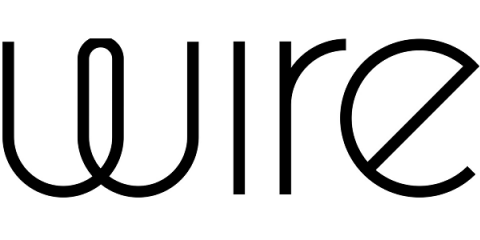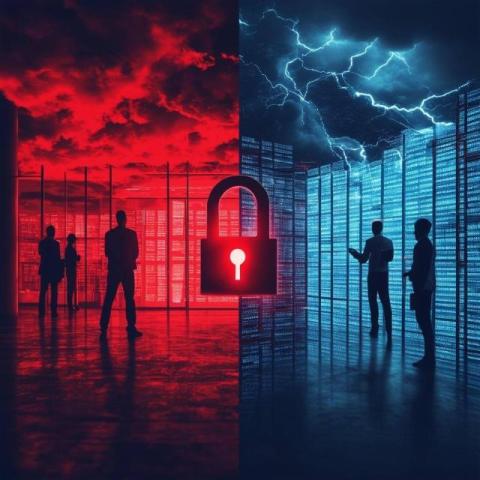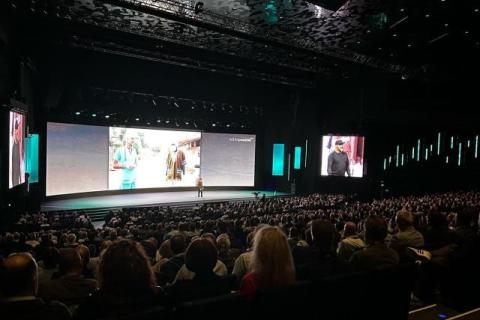Scotland's Bold Step: A Secure Future for Government Communication
The Scottish Government’s decision to ban WhatsApp and other consumer-grade messaging apps for official business marks a pivotal moment in the evolution of secure and accountable workplace communication. This move, announced by Deputy First Minister Kate Forbes, reflects the urgent need for transparency, data sovereignty, and secure communication channels in modern governance. At Wire, we couldn’t agree more with this direction.








